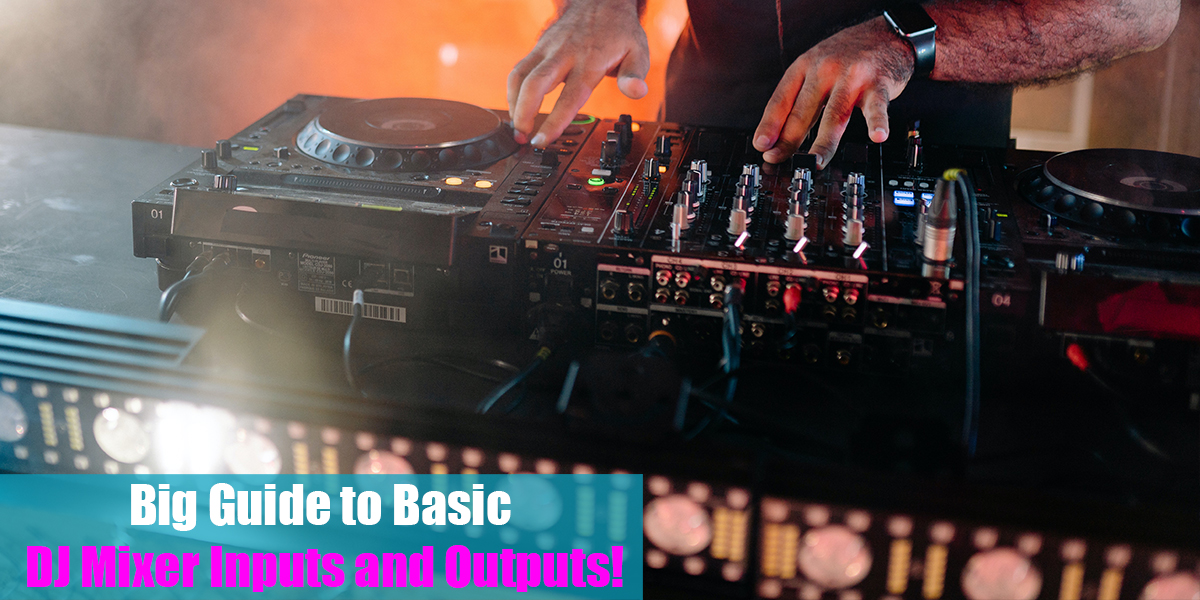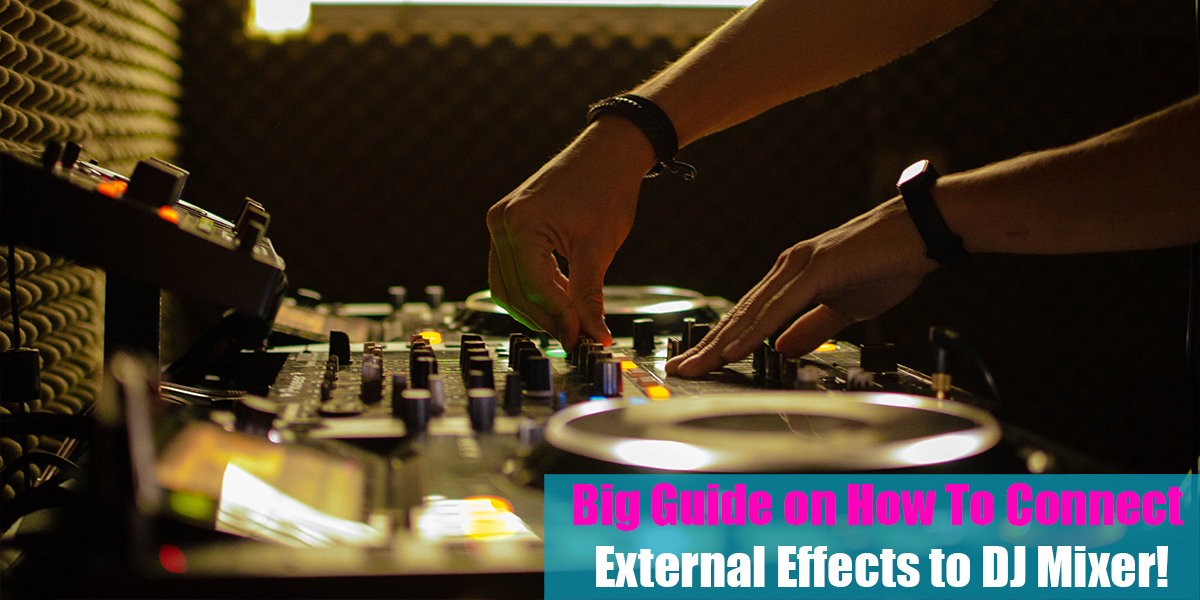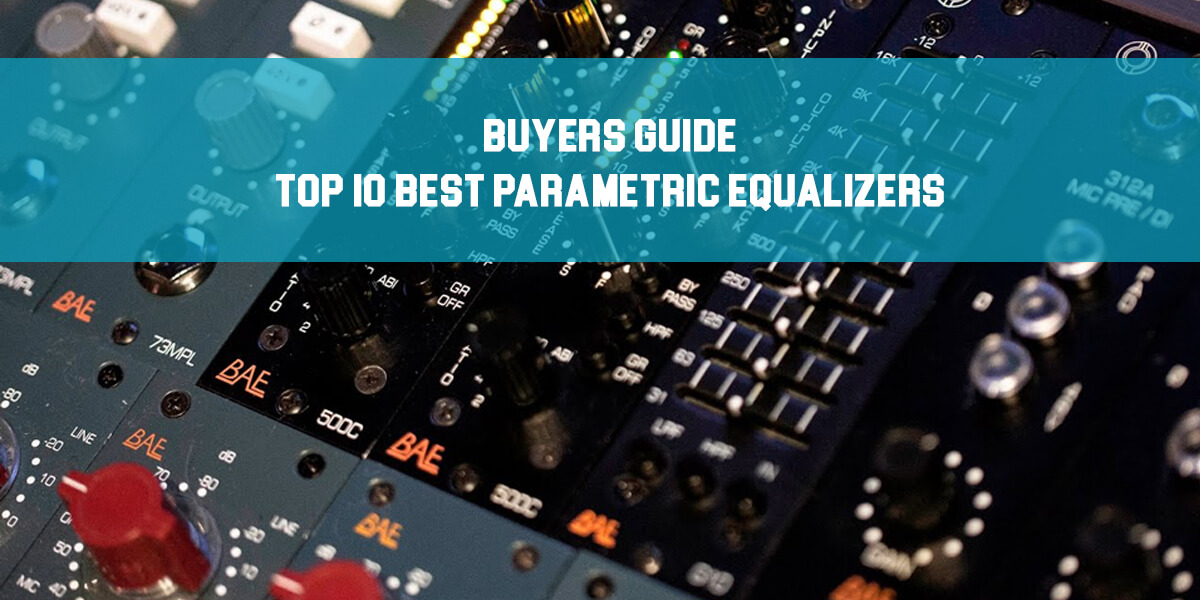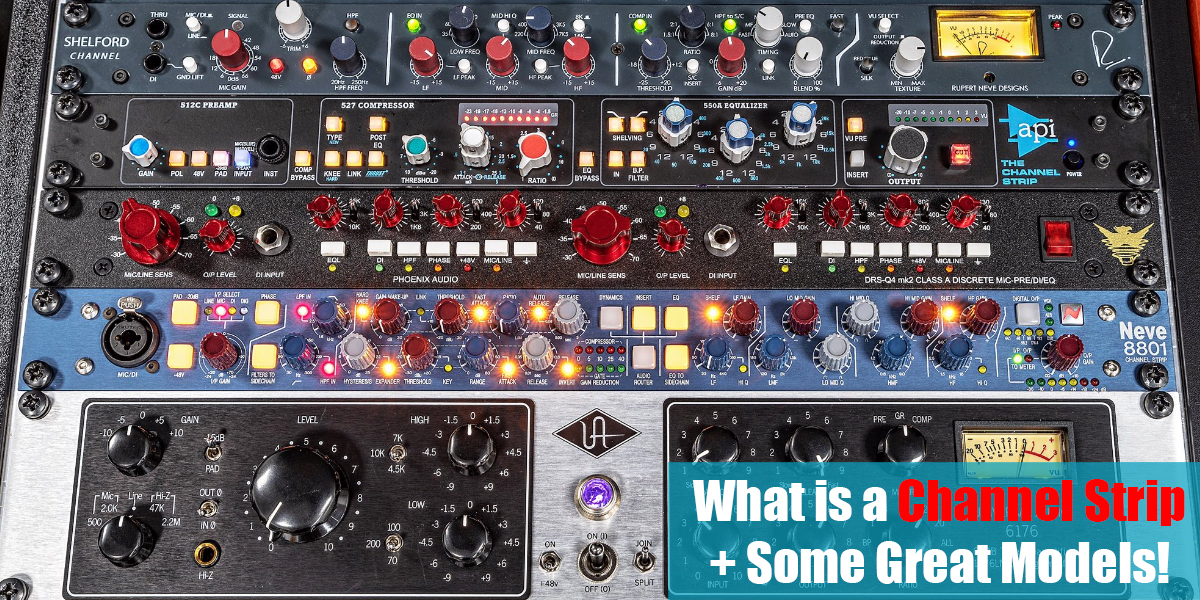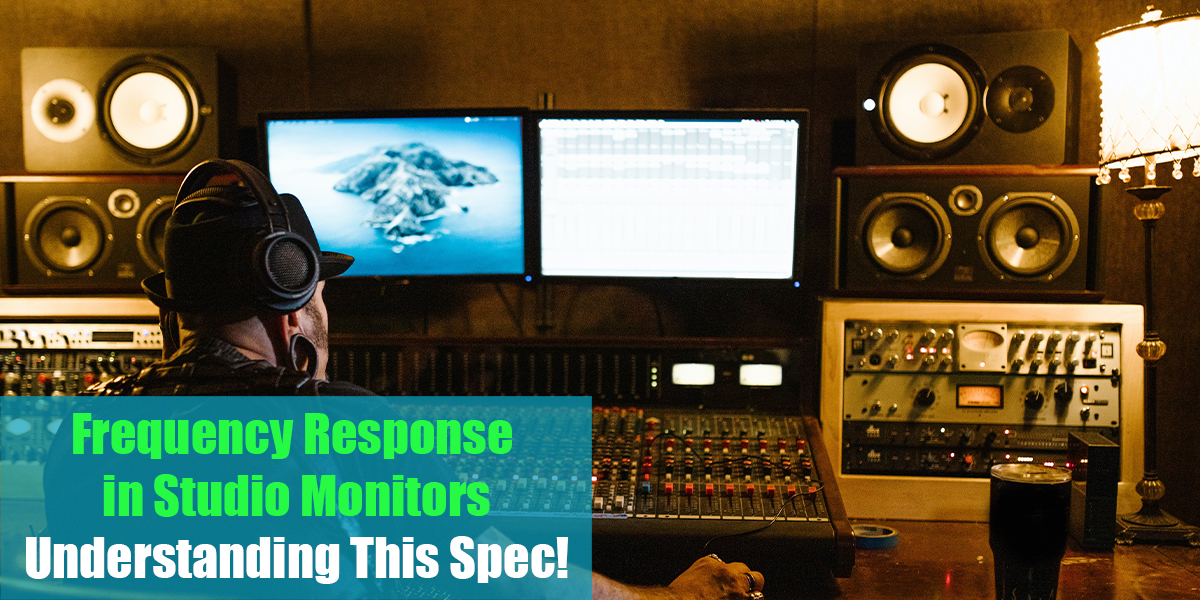What Are Rotary DJ Mixers
Introduction
People often look for vintage gear in the audio world. There are many lucky people who can testify that analog gear from 50 years ago has a delicate, warmer sound than its digital counterparts today. In the wake of vinyl’s resurgence, other vintage equipment is making its way back into DJ booths, often for aesthetic or purism reasons.
You may find the transition to rotary mixers overwhelming if you’ve been using fader mixers. Additionally, you can manipulate a broader spectrum of frequencies and achieve greater gain per band than with traditional EQ bands.
It can be very useful for creative mixing and filtering, but DJs who aren’t familiar with isolators may inadvertently produce displeasing results. Once you’ve practiced enough, you may develop your own mixing style.
So in this article, we are going to look more deeply into rotary mixers and we will give you enough information if you are in the market for getting one. Let’s check it out now.
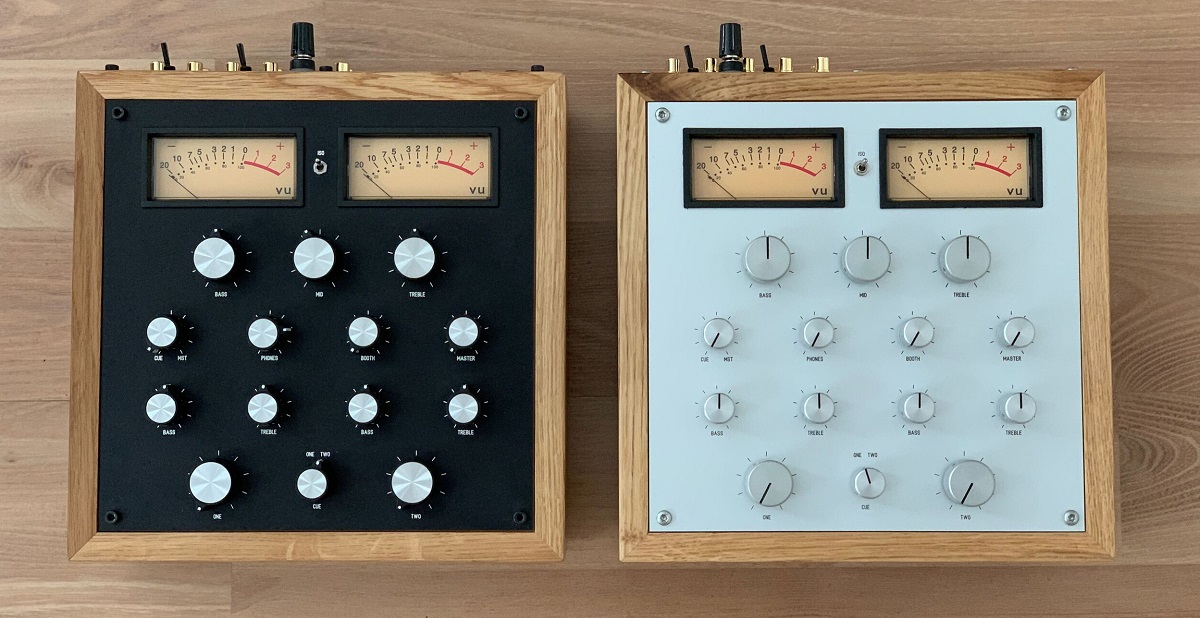
What are Rotary Mixers?
As opposed to traditional sliding fader DJ mixers, rotary DJ mixers use a rotary knob control to adjust the volume of each channel. Some DJs prefer rotary controls over other control methods because of their precision and smoothness.
In particular, DJs who mix live can benefit from this feature. Rotating knobs also provide a more tactile experience than traditional sliding faders for some DJs. They seem to be a little bit harder to use when it comes to mixing music, but if you have enough experience, they are a good companion.
DJs who frequently tour and use their equipment in demanding environments may find rotary DJ mixers to be more durable than other DJ mixer types. One point of difference between them and traditional faders is that they are usually more expensive.
When the DJ adjusts the EQs and volume, the debate over purity will end very quickly; an analog mixer works better. There’s no escaping the fact that DJs push the volume. Compared to a digital pad, an analog pad will respond better to this.
Ideally, analog signal pads must contain a significant margin, as well as a gradual, and maybe even pleasant, clipping characteristic as part of their design. When a digital pad is overdriven, it sounds unnatural, which is not at all pleasant to the ear. In our opinion, this is what separates the rotary mixer from a regular and digital slider DJ mixer.
Now, let’s check more crucial distinctions between the two types of mixers and analyze the differences after that.
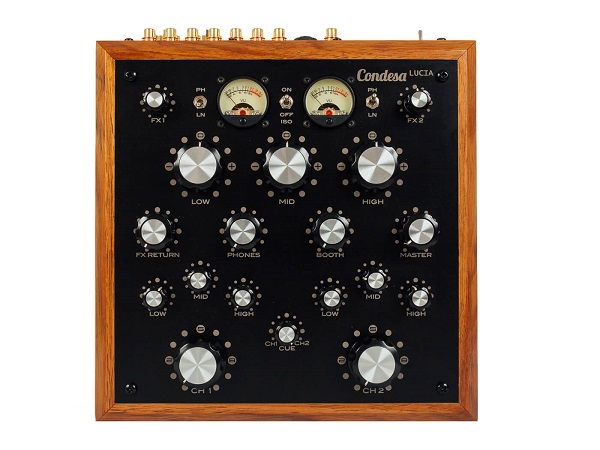
Rotary Mixer vs Slider Mixer – Quality-Wise
It is not possible to discern any significant difference between rotary mixers and traditional sliding fader mixers in terms of technical quality since both types are capable of performing equally well in certain situations.
Rather than the actual performance of sliders and rotaries, the perceived difference in quality is more associated with tradition than actual performance. However, it is evident that the ergonomic characteristics of the two types of mixers are very different.
Unlike rotaries, sliders offer a faster reaction time, which is why hip-hop turntablists prefer them for cutting and scratching. A classic mixer, on the other hand, is usually preferred by traditional club DJs because of its style and sound.
In spite of the fact that slider mixers are often thought of as cheap, mass-produced devices, they don’t necessarily result in a lower sound quality. Due to the fact that both circular and linear mixers use the same technology, only the track shape differs.
How To Use DJ Mixer: Learn Big DJ Mixing Skills Now! (2023)
Big Guide on How To Connect External Effects to DJ Mixer! (2023)
Setting Volume Levels on DJ Mixer: Great Guide! (2023)
Big Guide to Basic DJ Mixer Inputs and Outputs! (2023)
How To Choose a DJ Mixer: Great 9 Factors to Consider!
Why Rotary Mixers Are More Expensive?
DJs and producers often consider rotary mixers to be a superior choice because of their high-quality sound and advanced features. Nevertheless, rotary mixers are typically more expensive to manufacture than traditional sliding faders. As a result of these costs, the overall price of the mixer can increase, which can increase the price for consumers.
Rotary knobs are more expensive to manufacture due to their intricate construction and assembly requirements. Further, rotary mixers are often constructed from high-quality components, including high-grade circuitry and premium materials, which further adds to their manufacturing costs.
The reputation of the brand that manufactures rotary mixers can also contribute to the higher price of these mixers. It is not uncommon for manufacturers to have built a reputation for producing high-quality, professional-grade equipment, which may increase the perceived value of their products and lead to a higher price tag for those products.
Furthermore, rotary mixers are often equipped with advanced features that are not commonly found in conventional mixers, in addition to the quality of the components and the reputation of the brand.
Multi-input and output capabilities, integrated effects and processors, and other sophisticated features can be found in these devices. In addition to providing a greater level of creative control and enhancing the mixing experience, these features also contribute to the overall cost of manufacturing.
Last but not least, rotary mixers are also rare, which contributes to their higher price. It is likely that the supply of these mixers will be low since they are less common than traditional mixers. As a result of this limited availability, rotary mixers may be in greater demand, ultimately resulting in higher prices.
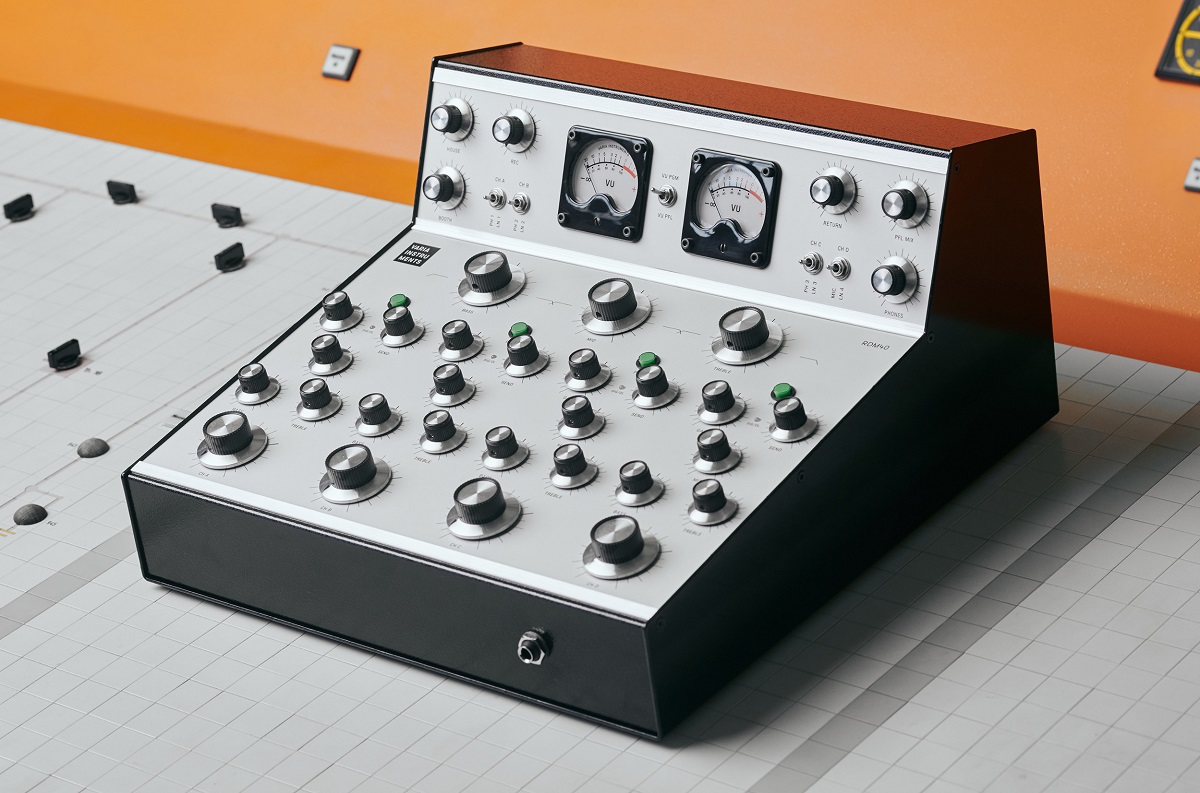
Why do Some DJs use Rotary Mixers?
While most modern DJs are more sided with the fader and crossfader DJ mixers, some of them still like to be in touch with the analog part of the craft and decide to go with rotary DJ mixers.
Besides that, the analog crafted mixers are not the same as digital mixers for the reason that they have valve stage outputs, like the Phantom Valve Output Stage mixer DN44/48. Even though they are mainly analog-modeled mixers, they also provide digital inputs for ease of connection to the desired DJ setup.
Even though some say they have unparalleled sound quality, amazing volume knobs, and great band EQ features, the difference in our opinion is minimal and it is all up to the taste of the DJ that will handle such a unit.
In this article, we are not going to dive deep into the models and review them, but we are going to mention several models that can be found around if you are into rotary mixers:
- Alpha Recording System Model 1000
- E&S DJR 400
- MasterSounds Radius 4V
- Classic Bozak Mixer AR-4
- Can Electric Taula 4
- Condesa Lucia
Conclusion
Some famous DJs use rotary mixers from time to time, like David Morales and DJ Deep and they are handling them pretty well and still banging sound systems around the globe. Many rotary devotees are swearing in these units, but again – it is all up to the DJ’s taste.
Again, even if they appear to be old school, they still all have the necessary connections like contemporary mixers like USB ports, headphone output, and whatnot. Maybe the only thing they have extra is the slight classic valve warmth and a few different specifications.
So, if you are having any questions in terms of this topic, please let us know in the comments below and we will discuss further about it. Until then – mix!

